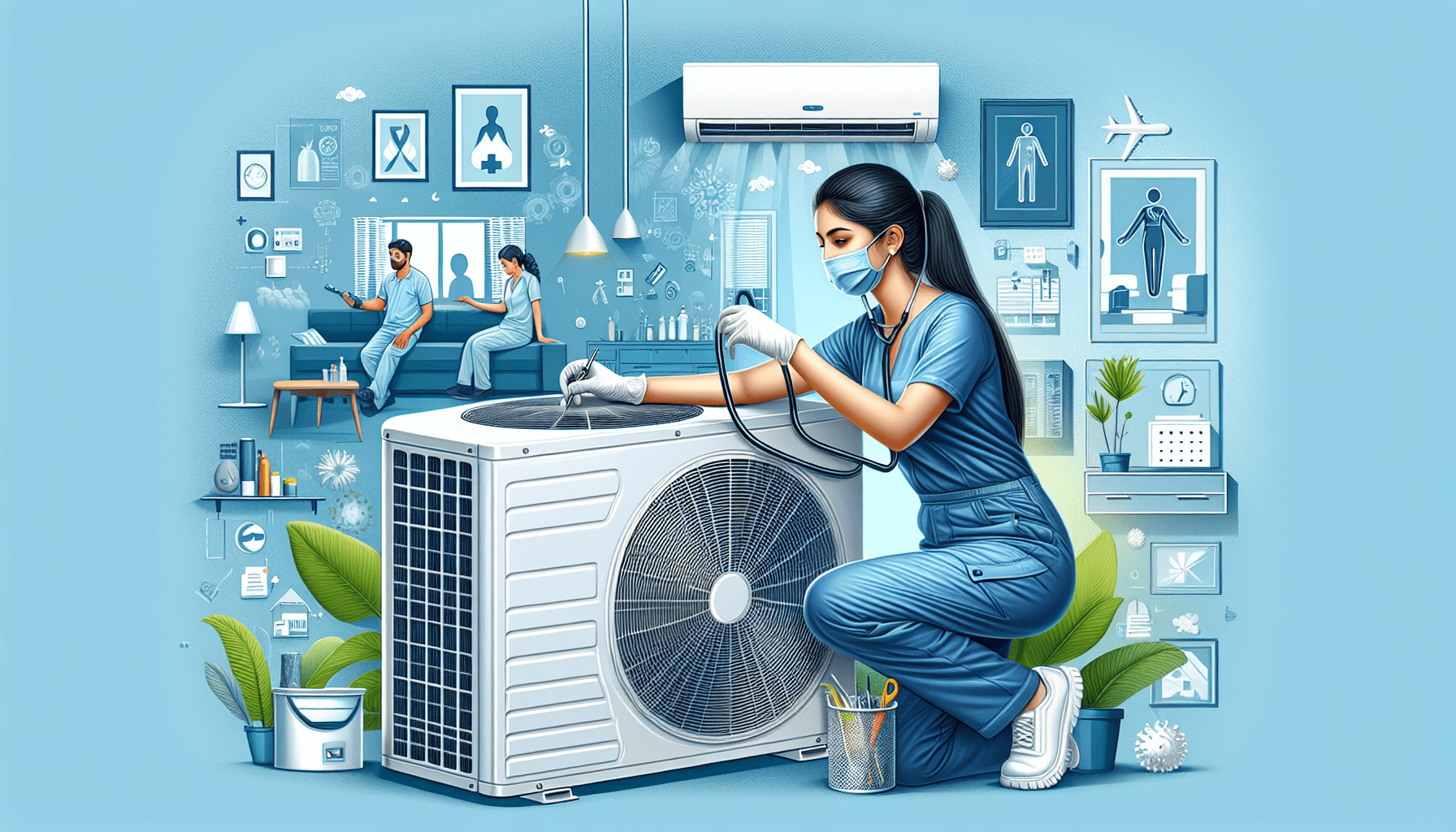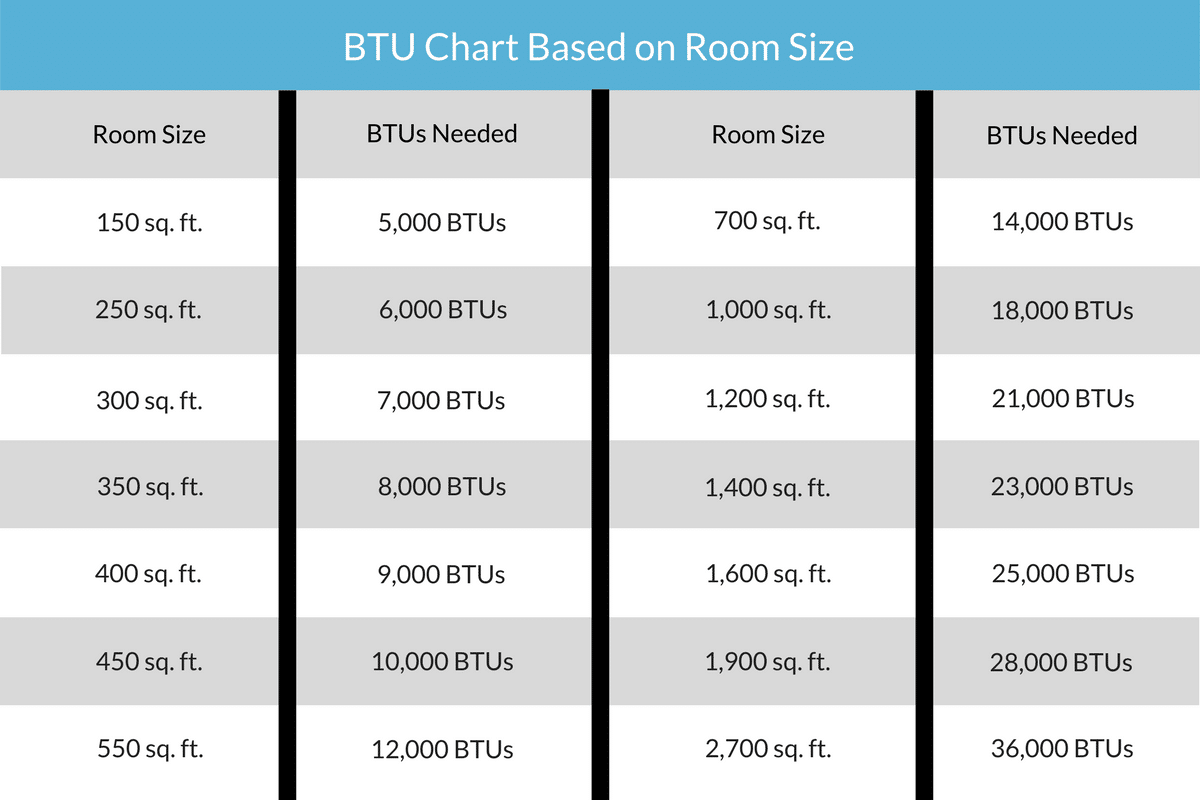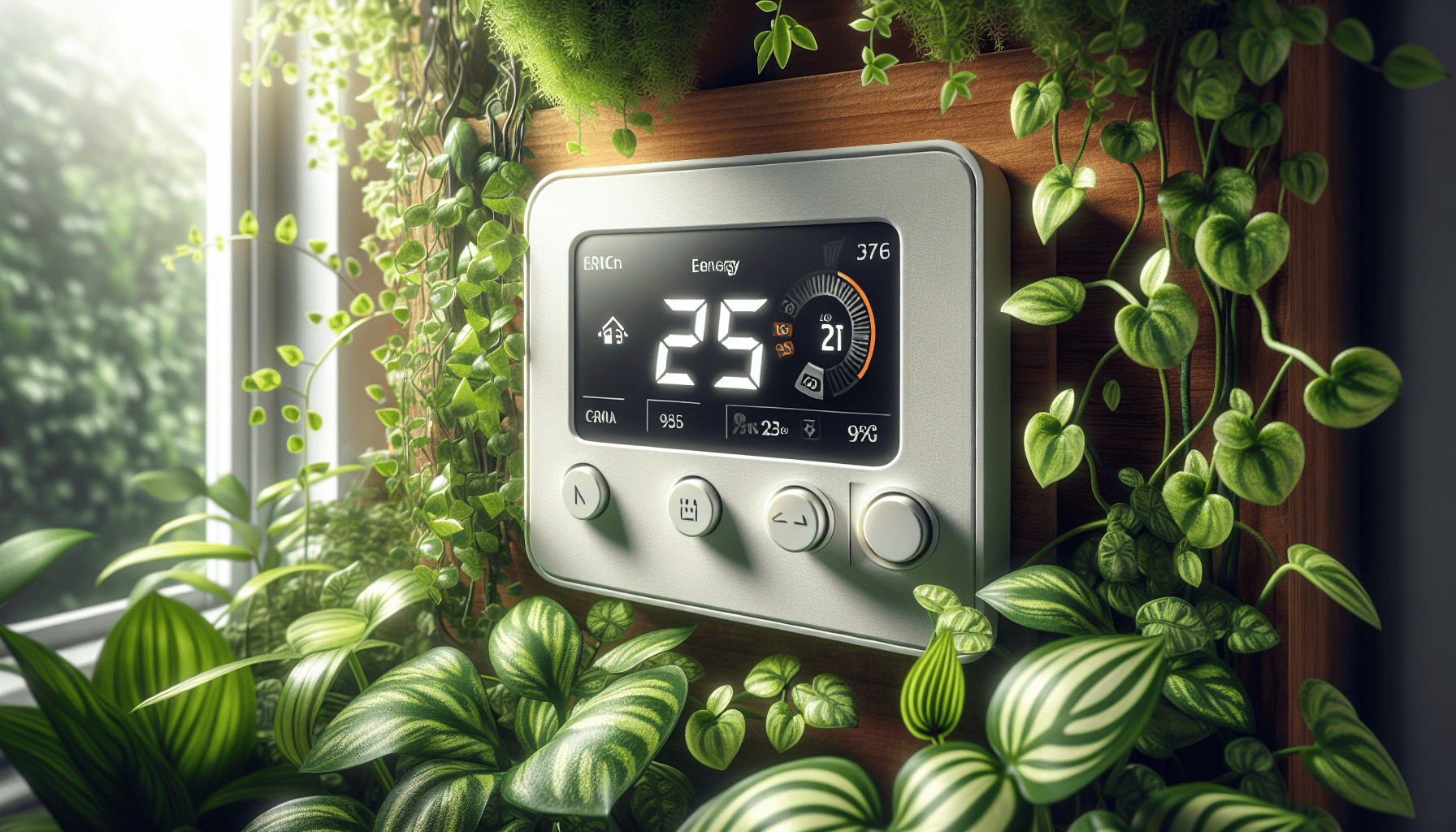In today’s article, we will explore the significant role your air conditioning system plays in maintaining the quality of the air you breathe indoors. Without even realizing it, your trusty cooling companion can have a profound impact on your overall well-being. From filtering out impurities to controlling humidity levels, your air conditioning system quietly works behind the scenes to ensure a comfortable and healthy environment for you and your loved ones. Let’s dive in and uncover the fascinating ways in which your air conditioner affects indoor air quality.

The Relationship Between Air Conditioning and Indoor Air Quality
Understanding the role of air conditioning
Air conditioning plays a crucial role in maintaining indoor air quality. While its primary function may be to cool the air, it also has the added benefit of filtering the air, removing pollutants, and controlling humidity levels. This ensures that the air you breathe within your home or office space is clean, comfortable, and healthy.
How air conditioning systems work to cool and filter air
Air conditioning systems work by extracting warm air from inside a room or building and replacing it with cool air. This cooling process is achieved by passing the warm air over a refrigerant coil, which absorbs the heat and cools the air. The cooled air is then circulated back into the room.
In addition to cooling the air, air conditioning systems also filter it. They typically have air filters installed that trap dust, pollen, pet dander, and other airborne particles. This filtration process helps to remove contaminants from the air, improving indoor air quality and protecting your respiratory health.
The Role of Thermostat in Controlling Indoor Air Quality
What is a thermostat?
A thermostat is a device that is used to control the temperature of an HVAC (Heating, Ventilation, and Air Conditioning) system. It allows you to set the desired temperature and ensures that the system operates to maintain that temperature.
How thermostat settings impact indoor air quality
The thermostat settings you choose have a direct impact on indoor air quality. Lowering the temperature too much can cause the air to become too dry, which can lead to dry skin, irritated eyes, and respiratory issues. On the other hand, setting the temperature too high can create a humid environment, promoting the growth of mold and mildew.
Choosing the right thermostat settings for air quality
To ensure optimal indoor air quality, it is important to choose the right thermostat settings. The ideal temperature range for most people is between 68 and 72 degrees Fahrenheit. This range provides a comfortable environment while also keeping the air at a moderate humidity level, typically between 40% and 60%.
Significance of Air Filters in An AC System
Different types of air filters
Air filters in an AC system come in various types, each with its own level of filtration efficiency. Some common types of air filters include fiberglass filters, pleated filters, HEPA filters, and electrostatic filters.
How air filters improve indoor air quality
Air filters play a vital role in improving indoor air quality. They trap and remove airborne pollutants such as dust, pollen, pet dander, and mold spores. By removing these contaminants, air filters prevent them from being recirculated into the air, promoting a healthier and cleaner environment.
Frequency of air filters replacement and maintenance
Regular maintenance and replacement of air filters are essential for maintaining good indoor air quality. The frequency of replacement depends on the type of filter and the level of indoor pollution. As a general guideline, air filters should be replaced every 1 to 3 months to ensure optimal performance and filtration efficiency.
The Implication of Humidity Levels on Indoor Air Quality
The ideal indoor humidity levels
Maintaining the ideal indoor humidity levels is crucial for optimal indoor air quality. The Environmental Protection Agency (EPA) recommends keeping the humidity between 30% and 60% to prevent mold growth and maintain a comfortable environment.
How air conditioning systems manage humidity
Air conditioning systems play a significant role in managing indoor humidity levels. When the AC is running, it not only cools the air but also removes excess moisture from the air through condensation. This helps to maintain a balanced humidity level, promoting comfort and preventing the growth of mold and mildew.
The impacts of humidity on health and comfort
Both high and low humidity levels can have negative impacts on health and comfort. High humidity can create a damp environment that promotes the growth of mold, leading to respiratory issues and allergies. On the other hand, low humidity can cause dry skin, irritated eyes, and respiratory problems. Maintaining balanced humidity levels with the help of air conditioning systems is essential for your overall well-being.

Potential Contaminants in Indoor Air
Common airborne contaminants
Indoor air can contain various types of contaminants, including dust, pollen, pet dander, mold spores, volatile organic compounds (VOCs), and bacteria. These contaminants can cause allergies, respiratory issues, and other health problems if left unaddressed.
Effects of contaminants on indoor air quality
Contaminants in indoor air can have a significant impact on air quality and human health. Dust and pollen can trigger allergic reactions and respiratory issues in sensitive individuals. Mold spores can cause respiratory problems, especially in individuals with asthma. VOCs released from household products and building materials can contribute to poor indoor air quality and can have long-term health effects.
How an AC system can reduce contaminants
Air conditioning systems with effective air filters can help reduce the presence of contaminants in indoor air. The filters trap particles such as dust, pollen, and pet dander, preventing them from circulating throughout the space. This filtration process helps to improve indoor air quality and reduces the risk of respiratory problems caused by airborne pollutants.
The Impact of Poor Ventilation
The correlation between ventilation and air quality
Ventilation plays a crucial role in maintaining good indoor air quality. Proper ventilation ensures a constant supply of fresh air and helps remove stale air, pollutants, and odors from indoor spaces. Without proper ventilation, the accumulation of contaminants can lead to poor air quality and discomfort.
How air conditioning can help improve ventilation
Air conditioning systems can contribute to improved ventilation by circulating and filtering fresh air from outside. By bringing in air from the outside and filtering it, AC systems help to remove pollutants and refresh the indoor air. Additionally, some AC systems have built-in ventilation features that facilitate the exchange of indoor and outdoor air, promoting better air quality.
Recognizing signs of poor ventilation
It is important to recognize the signs of poor ventilation in order to address them promptly. Indications of poor ventilation include stale or stuffy air, lingering odors, excessive humidity, condensation on windows, and the presence of mold or mildew. If any of these signs are noticed, it may be necessary to improve ventilation and enhance indoor air quality.
Air Conditioning Maintenance and Indoor Air Quality
The necessity of regular AC maintenance
Regular maintenance of air conditioning systems is essential for maintaining optimal indoor air quality. Proper maintenance ensures that the AC system operates efficiently, filters the air effectively, and provides the desired cooling and ventilation.
How maintenance impacts air quality
Maintenance tasks such as cleaning or replacing air filters, cleaning coils, and checking refrigerant levels contribute to improved air quality. Clean filters remove contaminants from the air, while clean coils ensure efficient cooling and dehumidification. Additionally, regular maintenance helps prevent the buildup of bacteria and mold within the AC system, reducing the risk of contaminating indoor air.
AC maintenance practices for better air quality
To improve air quality, it is important to follow proper AC maintenance practices. These include regularly inspecting and cleaning air filters, cleaning coils, checking and maintaining refrigerant levels, and scheduling professional maintenance at least once a year. By adhering to these practices, you can ensure that your AC system operates effectively and maintains good indoor air quality.
The Significance of AC Size and Capacity
Determining the right AC size for your space
Choosing the right size and capacity of the AC system for your space is critical for maintaining good air quality. An undersized AC will struggle to cool and dehumidify the space effectively, leading to poor air quality and discomfort. Conversely, an oversized AC will cycle on and off too frequently, resulting in inadequate dehumidification and wasted energy.
How an oversized or undersized AC affects air quality
An oversized AC system cools the space quickly, but it does not run long enough to effectively remove humidity. The excess moisture in the air can lead to the growth of mold and mildew, reducing air quality. On the other hand, an undersized AC struggles to cool and dehumidify the space, resulting in inadequate ventilation and uncomfortable indoor conditions.
Repercussions of improper AC size on health
Improperly sized AC systems can negatively impact health. High humidity levels caused by an oversized or undersized AC can create an environment that promotes the growth of mold and mildew, leading to respiratory issues and allergies. Inadequate dehumidification can also affect comfort levels and sleep quality, impacting overall well-being.
Energy Efficiency and Air Quality
Understanding energy efficient AC systems
Energy efficient AC systems are designed to use energy more effectively, thereby reducing electricity consumption and operating costs. These systems are designed to cool spaces efficiently while providing optimal comfort and air quality.
How energy efficiency affects air quality
Energy efficiency plays a role in maintaining good air quality. Efficient AC systems can cool and dehumidify the air effectively, reducing the risk of mold and mildew growth. Moreover, energy efficient systems often have advanced filtration mechanisms that can effectively remove contaminants from the air, providing cleaner and healthier indoor air.
Lowering energy consumption while improving air quality
To lower energy consumption while improving air quality, it is important to select an energy efficient AC system and follow energy-saving practices. These practices include setting the thermostat at an optimal temperature, using programmable thermostats, maintaining proper insulation, and avoiding unnecessary heat sources. These steps can help reduce energy costs while ensuring a comfortable and healthy indoor environment.
Choosing the Right Air Conditioning System for Optimal Indoor Air Quality
Considerations for selecting an AC system
When selecting an AC system for optimal indoor air quality, several factors should be taken into consideration. These include the size and layout of the space, the desired temperature range, energy efficiency ratings, noise levels, and the presence of additional features such as advanced filtration or humidity control.
How the type of AC system impacts air quality
The type of AC system you choose can have a significant impact on air quality. Some systems, such as central air conditioning, offer advanced filtration mechanisms, ensuring cleaner air. Other systems, such as ductless mini-split systems, provide individual control over each room’s temperature and air quality. Understanding the pros and cons of different AC system types will help you make an informed decision regarding indoor air quality.
The role of professional AC installation
Professional AC installation is essential for ensuring optimal indoor air quality. A properly installed AC system will have the right capacity, efficient ductwork, and proper ventilation. Professional installers can ensure all components are installed correctly and optimize the system’s performance for improved air quality.
In conclusion, air conditioning systems play a vital role in maintaining good indoor air quality. From cooling and filtering the air to managing humidity levels and reducing contaminants, AC systems significantly impact the air you breathe within your home or office space. By understanding the importance of thermostat settings, air filters, ventilation, maintenance, AC size and capacity, energy efficiency, and selecting the right system, you can ensure optimal indoor air quality for a healthier and more comfortable living environment.




